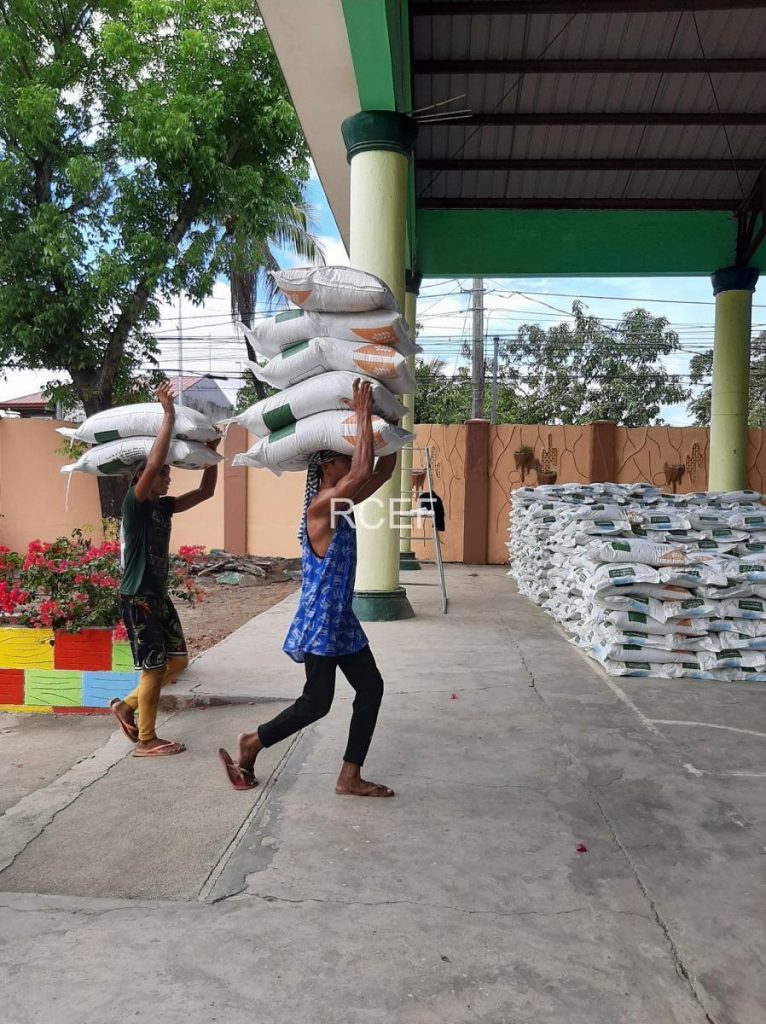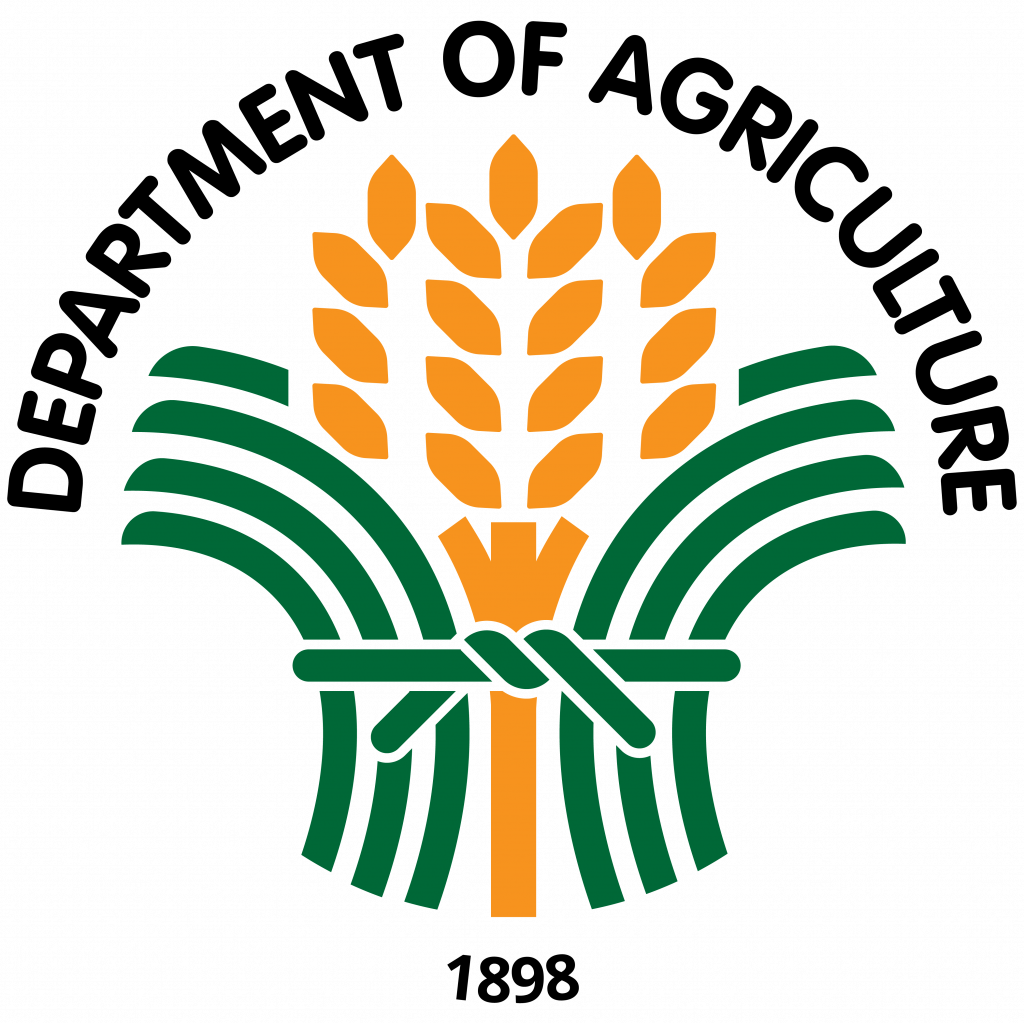The Department of Agriculture—Philippine Rice Research Institute (DA-PhilRice) is set to distribute 1.8 million bags of certified seeds to more than 740,000 farmers this 2022 wet season through the Rice Competitiveness Enhancement Fund (RCEF) Seed Program.
The seeds, which will be rolled out from March 16 to Sept. 15 with the assistance of local government units (LGUs), are expected to be planted in at least 830,000 hectares of the program’s 42 target provinces.
These include Ifugao, Kalinga, Ilocos Sur, La Union, Nueva Vizcaya, Quirino, Aurora, Bataan, Bulacan, Pampanga, Zambales, Cavite, Laguna, Quezon, Albay, Masbate, and Sorsogon. Certified inbred rice seeds will also be distributed in Aklan, Antique, Capiz, Negros Occidental, Bohol, Negros Oriental, Biliran, Samar (Western Samar), Southern Leyte, Zamboanga del Sur, and Zamboanga Sibugay.
Farmers in Lanao Del Norte, Misamis Occidental, Misamis Oriental, Davao de Oro, Davao Del Norte, Davao del Sur, Davao Oriental, Sarangani, South Cotabato, Agusan del Norte, Agusan del Sur, Surigao del Sur, Lanao del Sur, and Maguindanao are also among the program recipients.

“This is our 6th season of implementation. Through a series of surveys, we found that there were gradual increases in the yield of our target provinces. While this cannot be credited solely to the program, we recognize that the certified seeds greatly contributed. Thus, we strive to keep improving our operations so that the beneficiaries would receive the provision properly and on time, and eventually reap the benefits of using certified seeds. With the challenges that our farmers are facing today, they need all the kind of support they could get,” PhilRice RCEF Program Management Office Director Flordeliza Bordey said.
From the Sept. 2019 to March 6, 2022, DA-PhilRice and its partner-LGUs have distributed around 8.62-million seed bags to more than 1-million farmers within five cropping seasons.
Survey results showed that the average yield of the RCEF Seed Component recipients increased from 3.65 tons per hectare (t/ha) and 3.69t/ha in the 2019 dry (DS) and wet seasons (WS), respectively, to 4.02t/ha (DS) and 3.93t/ha (WS) in 2020. These further grew to 4.22t/ha (DS) and 4.03t/ha (WS) in 2021.
The Philippine Statistics Authority (PSA) also reported that the national palay output also increased from 18.81 million metric tons per hectare (mt/ha) in 2019, to 19.29 M mt/ha in 2020. In 2021, palay output reached 19.96 M mt/ha and is by far, the highest recorded palay output in the country in recent years.
Aside from increased yields, some of the program’s farmer-beneficiaries also value their reduced production cost because of the free certified seeds.
“Because the seeds are already free, the budget is reallocated to fund our household needs and children’s schooling. Also, because the seeds are high quality, my harvest increased from 80-cavan to 100-120 cavan (in a hectare),” RCEF Seed Component beneficiary Porfirio Panlaqui of Mexico, Pampanga shared.
“RCEF seeds produce several tillers. From 50 to 70 cavan, I can now harvest 100-130 cavan. I have then saved my seed fund for other farm inputs,” Danilo Pundo of Dipaculao, Aurora, for his part, said.
Meanwhile, DA-PhilRice continues to urge rice farmers in the 42 provinces to register in the Registry System for Basic Sectors in Agriculture or RSBSA as it is the basis of the LGUs in determining the qualified program beneficiaries. Each beneficiary can receive one sack or 20 kilograms of seeds for every half hectare.
The RCEF-Seed Program is a component of Republic Act 11203 or Rice Tariffication Law, which allots P10 billion fund every year for the rice farmers. Sponsored by Sen. Cynthia Villar, the program is a six-year government initiative to help the farmers compete in the international rice market. DA-PhilRice leads the RCEF-Seed Program and is the government’s lead agency on rice research and development mandated to help ensure a rice-secure Philippines. (BusinessMirror)
